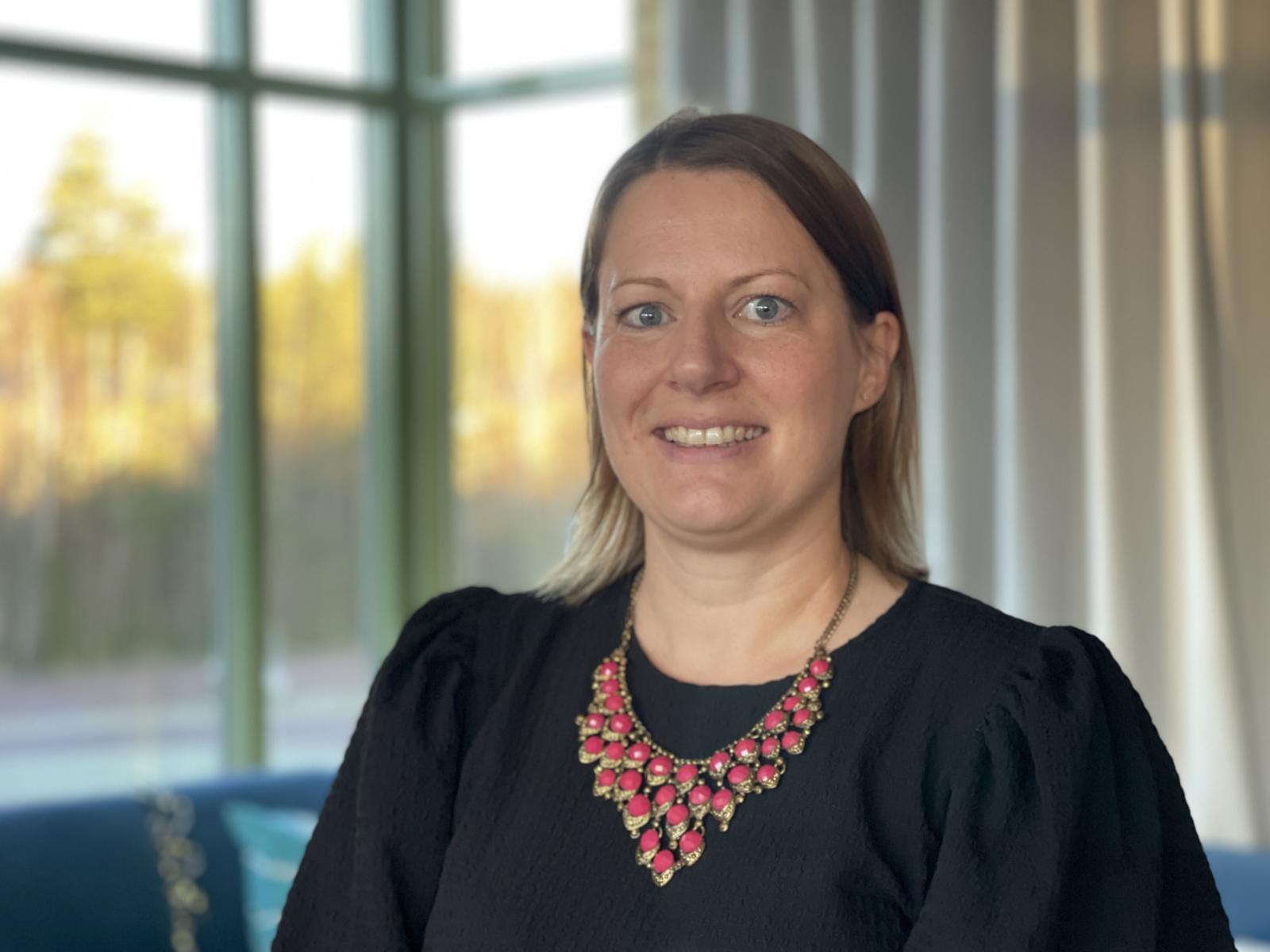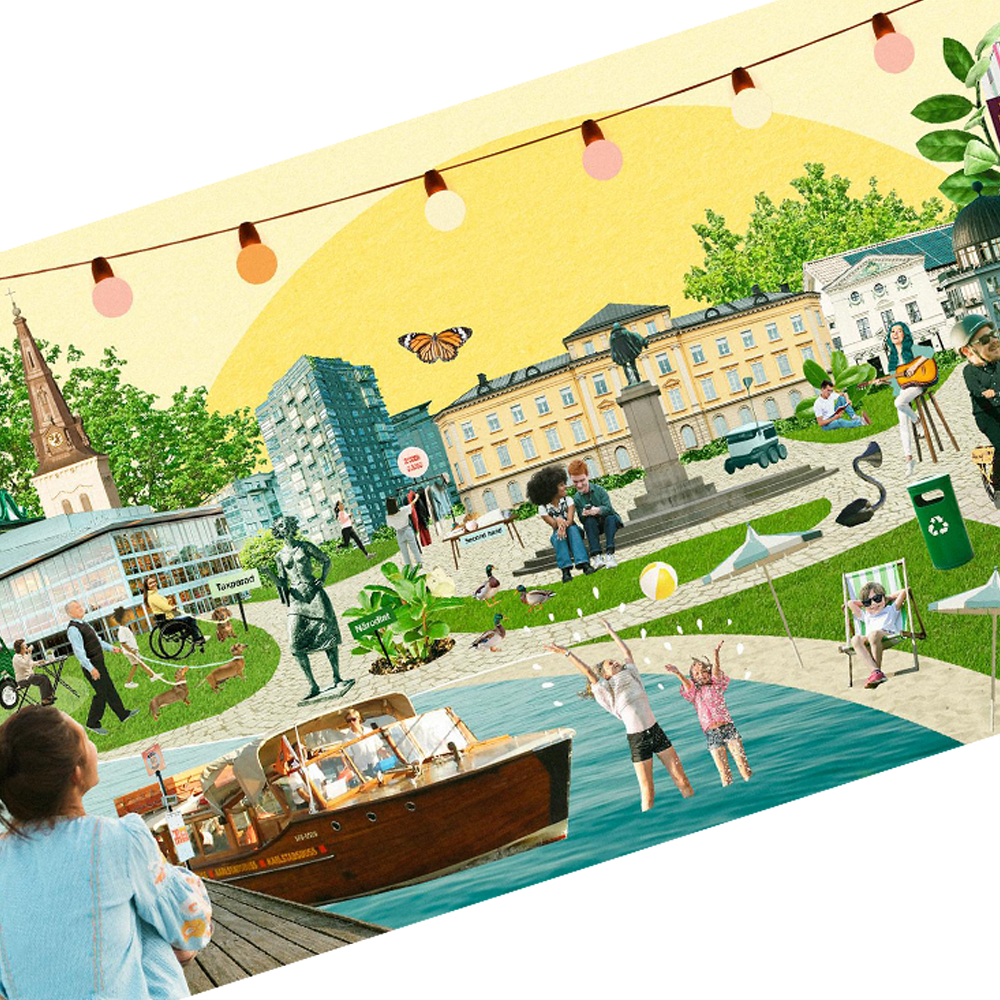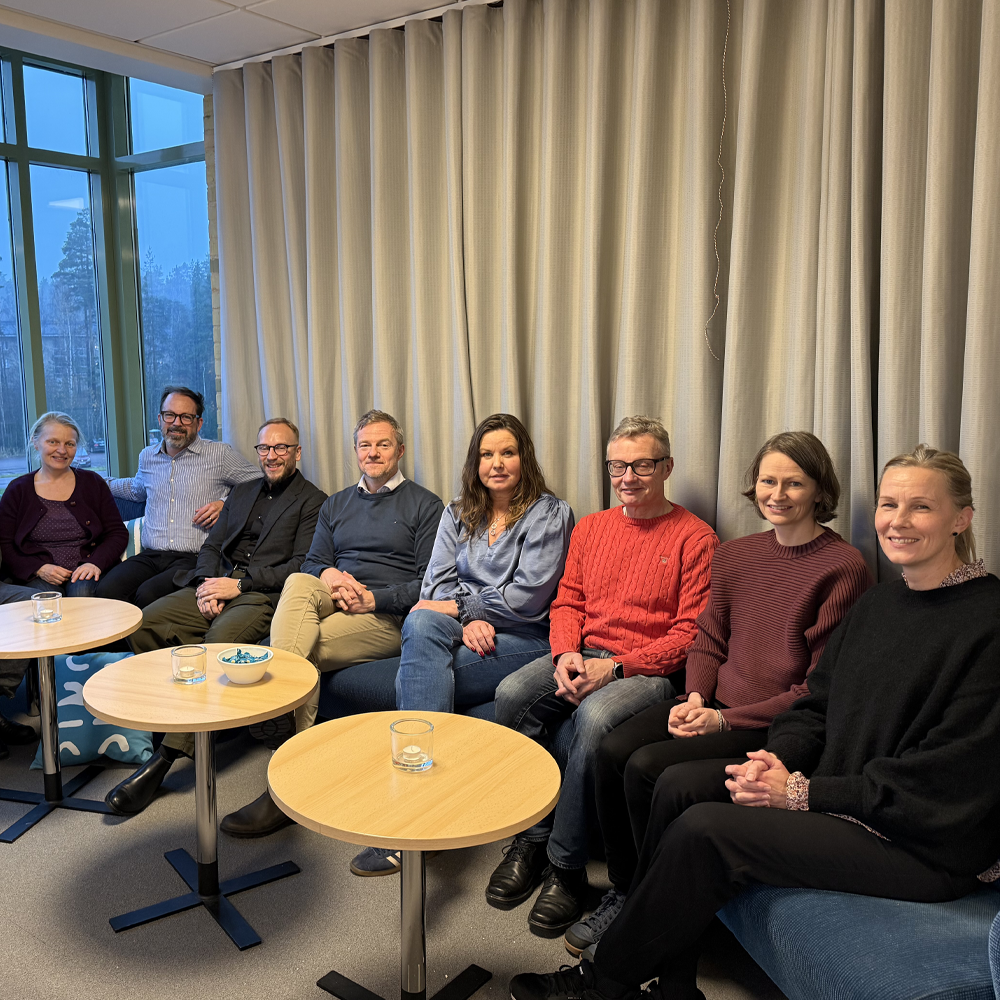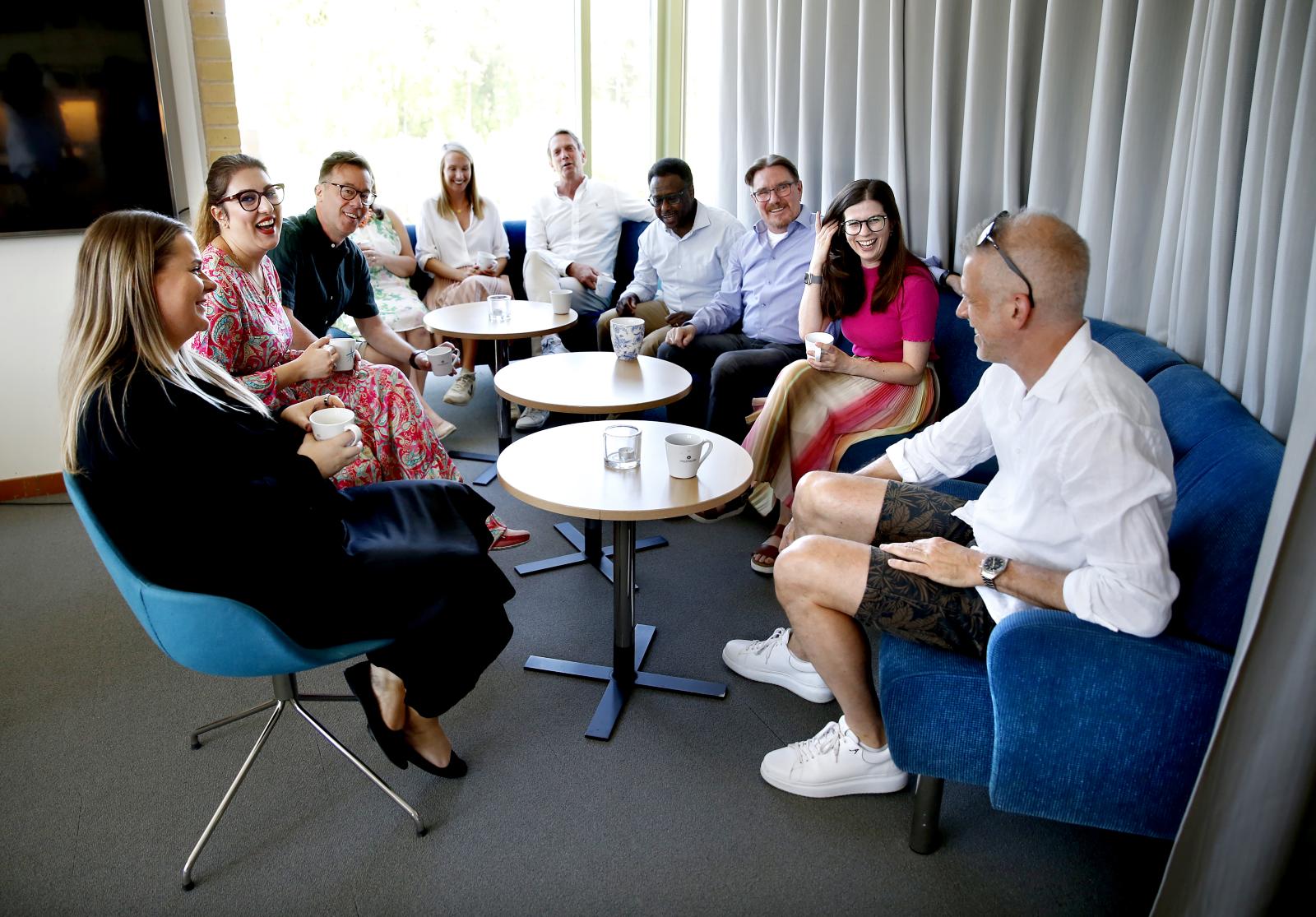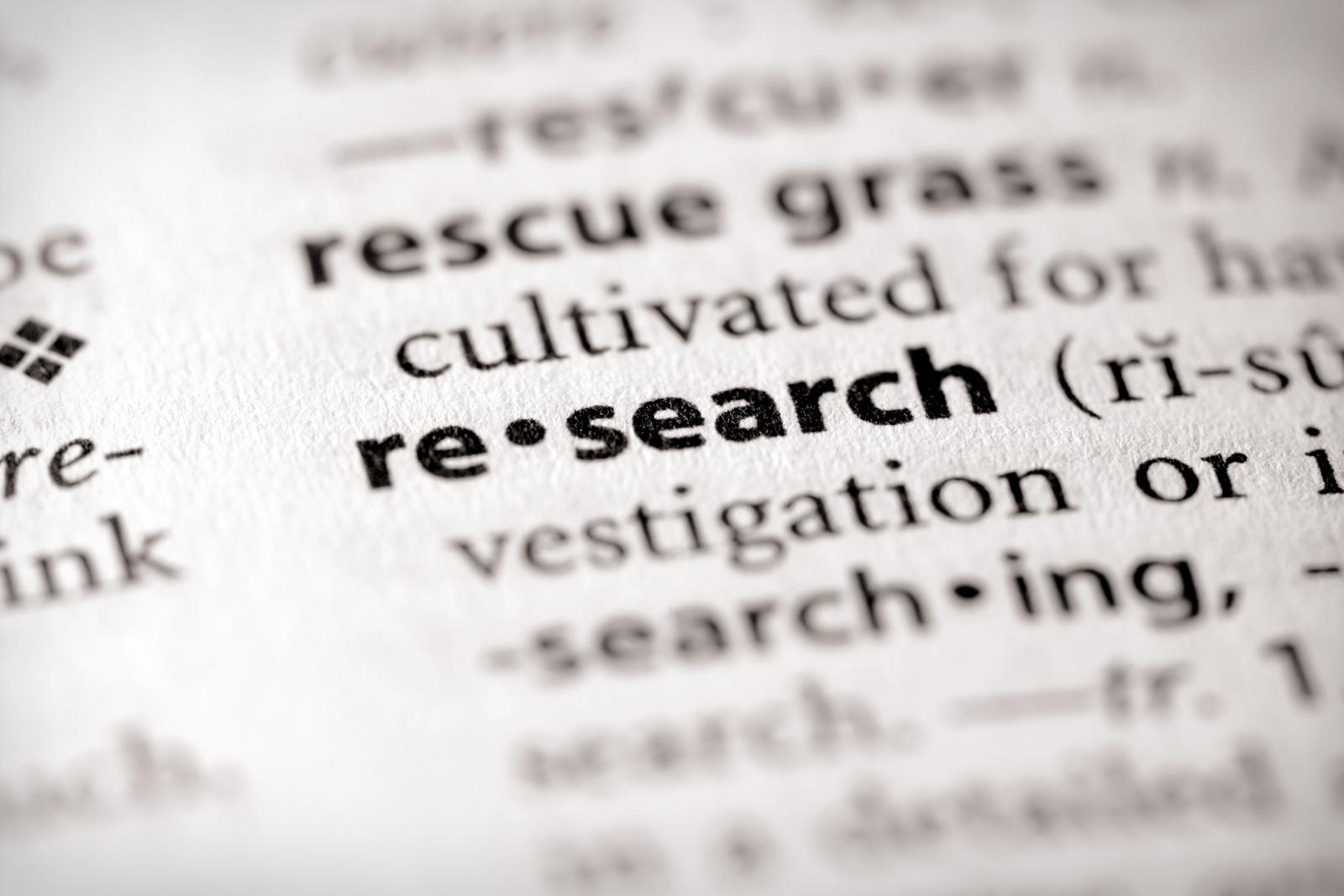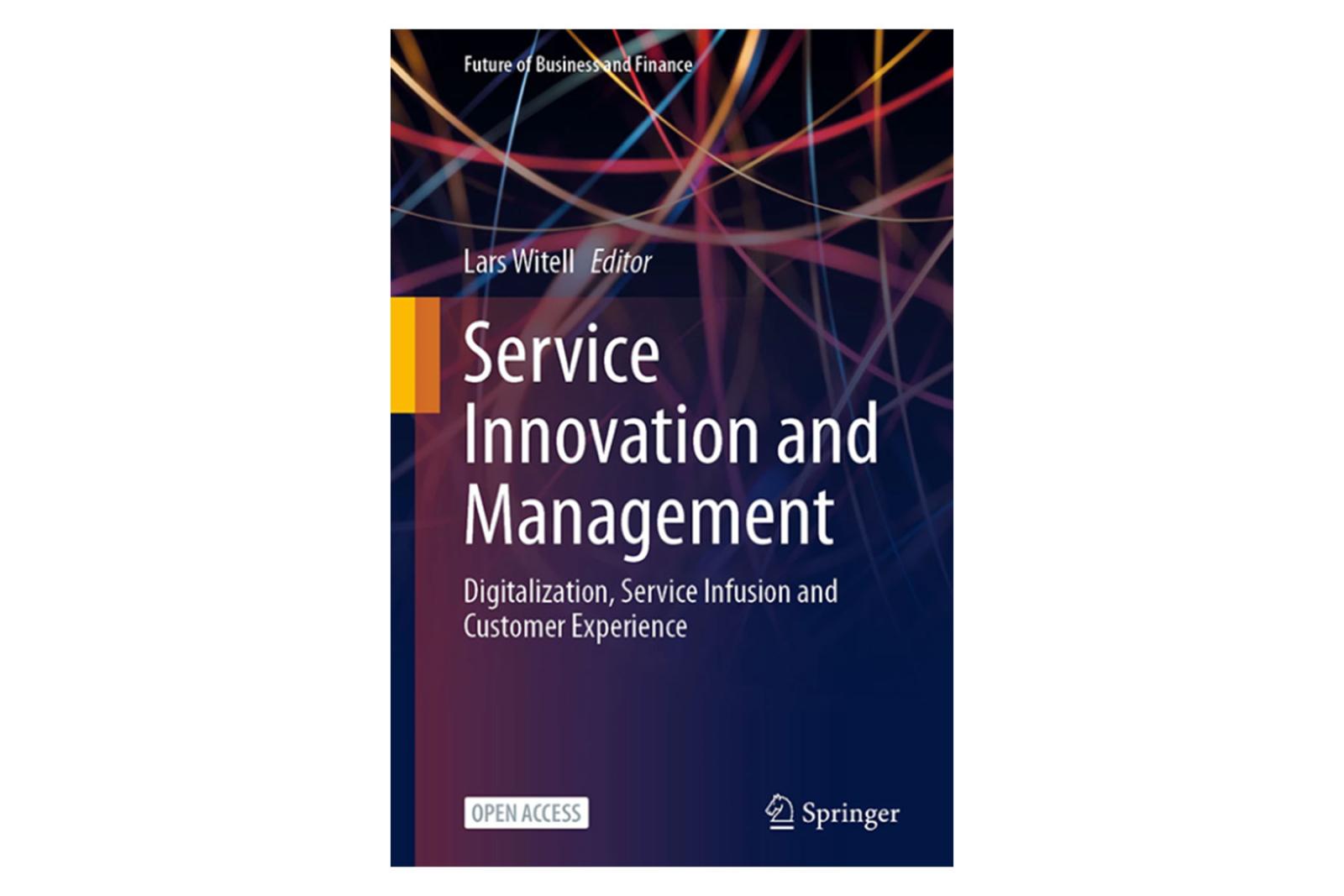News
-
2025-12-29
The researcher: Why New Year’s resolutions fail – we often focus on the wrong things
Friday, 9 January, marks Quitters Day – the day when most New Year’s resolutions have already fallen apart. According to Per Kristensson, professor of Psychology at Karlstad University, these failures rarely stem from a lack of ability.
– We don’t fail because we are weak, but because we don’t change the situation we’re in, he says. Our surroundings often play a bigger role than our personal abilities.
Behavioural research shows that people tend to overestimate the importance of motivation and underestimate how strongly everyday circumstances influence our decisions.
– We often think New Year’s resolutions are about motivation and personal abilities. But research shows that the situation is just as important. You could say that we’re trying to renovate our lives without having the scaffolding in place, says Per Kristensson.
-
2025-12-19
The Digital Health Innovation Initiative in Värmland Enters a New Phase
DigitalWell Arena is now taking the next step in its long-term commitment to digital health innovation in Värmland. After several years focused on establishing a platform for research and collaboration, the work is now shifting towards the large-scale implementation and practical use of digital solutions.
Research at Karlstad University has been a central driving force behind DigitalWell Arena since its launch in 2019. By bringing together around 60 researchers from six research groups and disciplines such as computer science, nursing, psychology, service research and gender studies, the university has built an interdisciplinary research environment for digital health innovation.
-
2025-12-17
Experts: How to reduce food waste and climate impact at Christmas
Christmas is a time for togetherness, traditions and generous meals – but also for increasing amounts of food waste. At the same time, a national debate is under way in Sweden about stricter targets to halve food waste. Researchers at Karlstad University therefore encourage people to think sustainably ahead of the Christmas and New Year holidays. Small changes in everyday habits can reduce both climate impact and household costs.
“If you want to avoid feeling guilty about throwing food away – because a lot is wasted during the major holidays of the year – it is wise to think before you shop,” says Fredrik Wikström, professor of Environmental and Energy Systems. “If you go to the supermarket without a shopping list, tired and stressed, it is easy to buy more than you will consume. Retailers want to sell, and they are experts at getting us to buy a little more than we intended – often through bulk packs and special offers, which in the long run becomes more expensive if we end up not eating all the food.”
-
2025-12-17
Merry Christmas!
Christmas and New Year are approaching, and soon many of us will have the chance to catch our breath. When I look back at our 39th year, what I feel most of all is gratitude. Gratitude for all the knowledge developed within our team, for the collaborations with those of you who are close to CTF – and for the curiosity and willingness to contribute that so clearly permeate our work.
-
2025-11-27
New collaboration project aims to make sustainable travel more sttractive
How can sustainable travel become the natural choice in everyday life? Researchers at Karlstad University will explore this question in a new project.
The project applies service design and behavioural science to understand why public transport for commuting to Karlstad is underused and what factors could encourage more sustainable travel.
-
2025-11-24
Industry Days 2025 – A Clear Mark of Karlstad University’s Growing Role in the Development of Digital and Sustainable Services
How will AI transform and shape the society of the future? That question was at the center when researchers and industry leaders met at Industry Days 2025 at the Service Research Center (CTF) at Karlstad University.
On November 19–20, Karlstad University became a global hub for knowledge, strategy, and future visions as researchers and industry partners discussed tomorrow’s society during Industry Days 2025 – a two-day event focused on AI for a digital and sustainable future.


